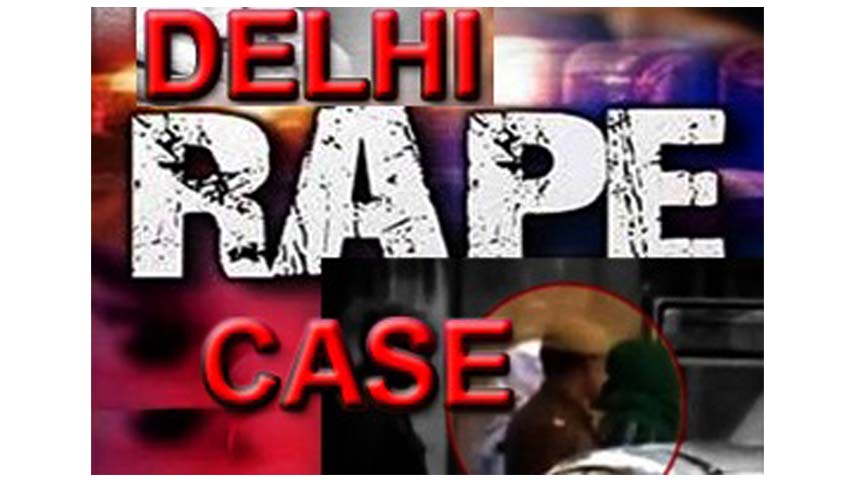Next Story
31 Aug 2013 5:00 PM IST
The Juvenile Justice Board has sentenced the only minor accused in the December 16, 2012 gang rape to a three-year remand in a special home. This decision is the first one in the Delhi gang rape case that led to public outcry and shock.The juvenile was found guilty on accounts of murder, rape, abduction and destruction of evidence. The four other accused are facing trial in a fast track...

